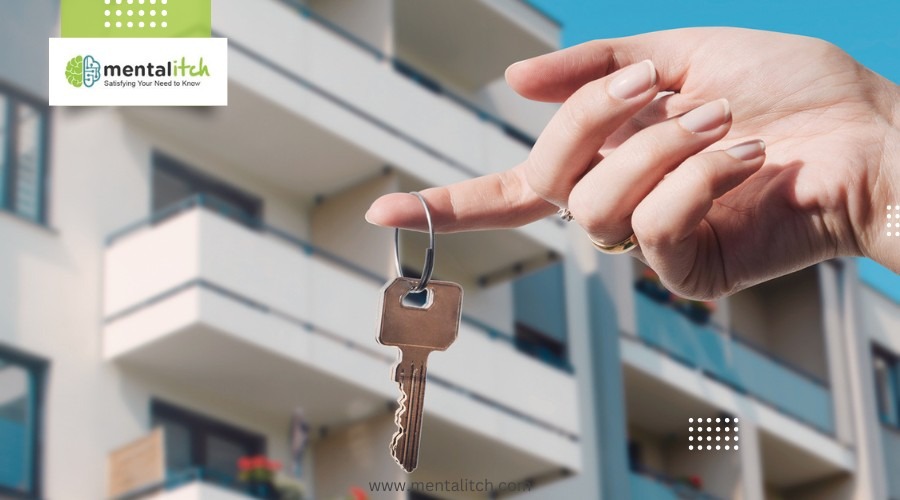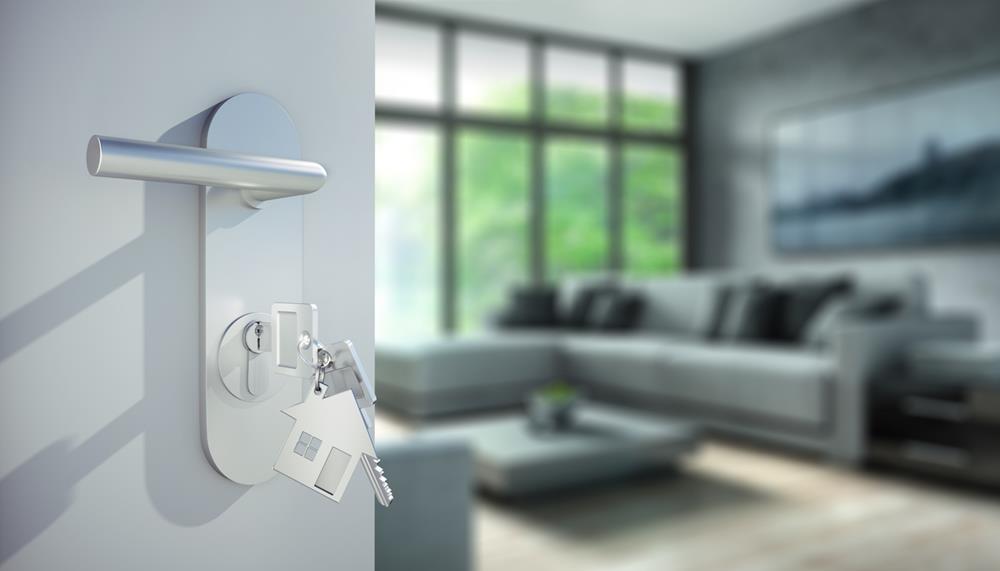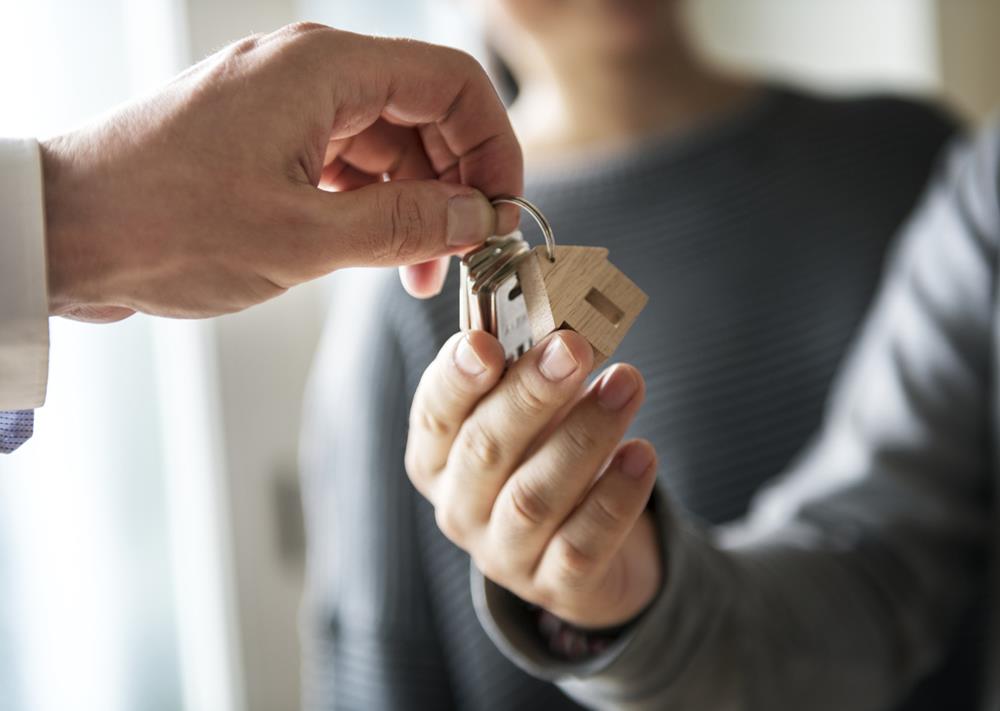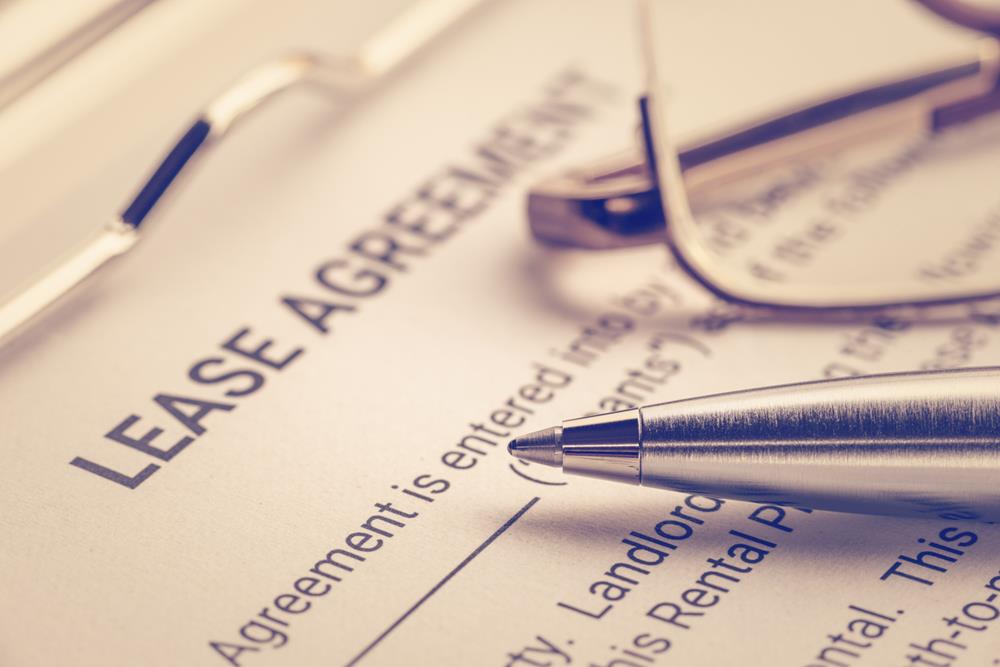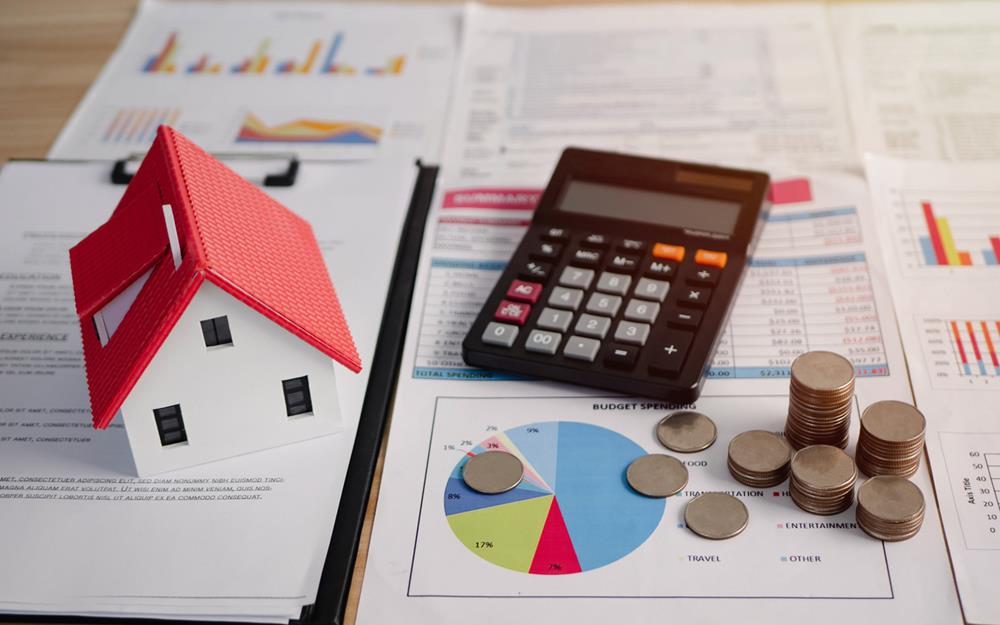Deciding whether to buy or lease an apartment is a big decision. Right now, the housing market is full of options, but choosing the right one for you can feel overwhelming. But no worries, as we’ve created this guide to help you. Whether you’re looking for a place to call your own or just need somewhere to stay for a while, it’s important to know what to expect. We’ll look at what makes buying different from leasing, the pros and cons of each, and how to figure out which choice suits your life and your wallet the best.
Understanding Your Needs and Preferences
Before you start looking for an apartment, it’s crucial to think about what you really need and want. Your lifestyle and financial situation play big roles in this decision. Here’s how to start understanding your needs and preferences:
- Commute and Location: Think about how far you’re willing to travel to work or school. Do you need to be near public transportation, or is having a parking spot more important?
- Amenities: What features are a must-have for you? This could be anything from needing a gym or pool in the building to requiring a pet-friendly environment.
- Space Needs: Consider how much space you need. Are you living alone, with roommates, or with a family? This will affect the size and type of apartment you look for.
- Budget: Figure out how much you can afford to spend on housing each month. Remember, if you’re buying, you’ll need to cover the mortgage, property taxes, and maintenance costs. If you’re leasing, think about rent, utilities, and any other monthly fees.
- Savings and Loans: Do you have savings for a down payment if you’re buying? Understand your credit score and what kind of loans you might qualify for.
- Long-Term vs. Short-Term: Are you looking for a permanent home or just something for the next couple of years? Buying might be better for long-term stability, while leasing can offer more flexibility if you’re not ready to settle down.
Understanding your needs and preferences is the first step in deciding whether buying or leasing an apartment is right for you. Take your time to evaluate your lifestyle, financial situation, and future plans. This will help narrow down your options and make the search for your ideal apartment much easier.
The Pros and Cons of Buying
Buying an apartment is a significant milestone for many, offering a sense of permanence and investment in one’s future. However, it’s not without its challenges. Here’s a breakdown of the pros and cons to help you make an informed decision.
Pros
- Building Equity: Over time, as you pay off your mortgage, you build equity in your property. This is an investment that can grow as the value of your apartment increases.
- Tax Benefits: Homeowners often benefit from tax deductions, such as mortgage interest and property taxes, which can save money annually.
- Customization and Control: Owning your apartment means you can customize and renovate it however you like, turning it into your dream home without needing landlord approval.
- Stability: Buying an apartment provides a sense of stability and security, knowing you have a permanent place to call home without the risk of eviction or lease non-renewal.
Cons
- Upfront Costs: The initial costs of buying an apartment, including the down payment, closing costs, and other fees, can be substantial.
- Maintenance Responsibilities: As an owner, all maintenance and repair responsibilities fall on you, which can be costly and time-consuming.
- Property Taxes and HOA Fees: You’re responsible for property taxes and, if applicable, homeowners’ association (HOA) fees, which can increase over time.
- Less Flexibility: Selling an apartment can be a lengthy process, offering less flexibility if you need or want to move quickly due to job relocation or personal reasons.
Considering these pros and cons is crucial in determining whether buying an apartment aligns with your current lifestyle, financial situation, and long-term goals. While the investment aspect and personalization benefits are appealing, the financial and maintenance responsibilities are significant. Reflecting on these factors will guide you in making the right choice for your housing needs.
The Pros and Cons of Leasing
Leasing an apartment is a popular choice for many, offering flexibility and convenience, but it also has its downsides. Understanding both sides will help you decide if leasing fits your current lifestyle and financial goals.
Pros
- Flexibility: Leasing provides flexibility to move without the hassle of selling a property. It’s ideal for those who might relocate frequently for work or personal reasons.
- Lower Initial Costs: Generally, leasing requires less money upfront compared to buying. You’ll likely need just the first month’s rent and a security deposit rather than a large down payment.
- No Maintenance Worries: Most maintenance issues and repairs will be the landlord’s responsibility, not yours. This can save you significant time, stress, and money.
- Amenities: Many rental properties offer amenities such as pools, fitness centers, and common areas without additional cost to tenants.
Cons
- No Equity: While leasing is often more affordable in the short term, you won’t be building equity in a property. Your payments are not an investment in your future.
- Rental Increases: Rent can increase over time, subjecting you to potential cost hikes each time you renew your lease.
- Restrictions: Leasing comes with restrictions. You may have limits on decorating, pet ownership, and other personal touches to make the space feel like home.
- Instability: There’s less stability in leasing since your right to remain in the property is subject to lease renewals. Plus, the landlord can decide not to renew your lease for various reasons.
Leasing an apartment can be the right choice if you value flexibility and minimal responsibilities over the investment and permanence of homeownership. It’s especially appealing to those who aren’t ready to commit to a single location or prefer not to deal with the financial and practical responsibilities of property maintenance. Weighing these pros and cons against your personal and financial situation will help clarify whether leasing is the best path for you.
The Financial Implications
Whether buying or leasing an apartment, understanding the financial implications is crucial. Each option impacts your budget and financial health differently. Here’s a closer look at what to consider.
Buying: Financial Considerations
- Mortgage Payments: These are typically higher than rent payments, but part of the payment goes toward building equity in your property.
- Down Payment and Closing Costs: Requires significant upfront cash, often 20% of the home’s purchase price for the down payment, plus 3-5% for closing costs.
- Property Taxes and Insurance: Annual property taxes and homeowner’s insurance are additional costs buyers must budget for.
- Maintenance and Repairs: Owning a home means being financially responsible for all maintenance, repairs, and upgrades, which can vary greatly in cost.
- Potential for Appreciation: Over time, your apartment can increase in value, offering a return on your investment if you sell in the future.
Leasing: Financial Considerations
- Rent Payments: Generally fixed for the term of the lease, making monthly budgeting predictable. However, rent can increase upon lease renewal.
- Security Deposit: Usually requires one month’s rent upfront. This is refundable if the apartment is left in good condition.
- Utility Costs: Some leases include utilities, while others require tenants to pay separately, affecting monthly expenses.
- Renter’s Insurance: It is recommended that tenants protect their personal belongings, usually at a minimal cost.
- No Equity: Money spent on rent provides a place to live but doesn’t contribute to personal wealth or investment.
Additional Costs to Consider
- Homeowners Association (HOA) Fees: For buyers in developments with an HOA, monthly or annual fees for community maintenance and amenities are common.
- Moving Costs: Whether buying or leasing, moving involves costs, from hiring movers to buying new furniture and setting up utilities.
Understanding these financial implications is key to making an informed decision that aligns with your financial goals and lifestyle. Buying may offer long-term financial benefits and stability but requires a significant initial investment and ongoing maintenance costs. Leasing, on the other hand, provides more flexibility with fewer upfront costs, though it doesn’t contribute to building equity. Consider your financial readiness, long-term goals, and lifestyle needs when choosing between buying and leasing an apartment.
The Search Process
Finding the right apartment, whether to buy or lease, involves a journey of discovery and decision-making. Here’s how to navigate the search process efficiently and effectively.
- Identify Must-Haves vs. Nice-to-Haves: Start by listing features you can’t live without (location, number of bedrooms, pet policy) versus those you’d like but are flexible on (balcony, gym, pool).
- Budget Considerations: Know your budget limits for buying or leasing, including monthly payments, maintenance costs, or HOA fees.
- Online Listings: Utilize reputable real estate websites and apps to browse listings. Filter your search according to your priorities and budget.
- Real Estate Agents: Consider hiring an agent, especially for buying. They can offer invaluable insights, access to listings not yet on the market, and negotiation expertise.
- Open Houses and Showings: Attend open houses and schedule showings to see apartments in person. This will give you a better sense of the space and the neighborhood.
- Take Notes and Photos: During visits, take detailed notes and photos to remember what you liked or disliked about each place.
- Location and Community: Research the neighborhood for its safety, amenities, and community vibe. Consider visiting at different times of the day.
- Long-Term Potential: Think about how each apartment fits with your long-term plans. For buyers, consider the property’s potential to appreciate in value.
Tips for a Smooth Search
- Stay Organized: Keep a spreadsheet or folder with details and impressions of each listing.
- Be Patient: Finding the right apartment can take time. Don’t rush the process.
- Be Ready to Act: Have your finances in order and be ready to make a quick decision when you find the right place, especially in competitive markets.
Legal Considerations and Negotiations
Navigating the legalities and negotiations involved in buying or leasing an apartment is crucial for a favorable outcome. This part of the process ensures you’re informed, protected, and positioned to make the best possible deal.
For Buyers
- Offer and Acceptance: Understand how to make a formal offer and what it entails. This usually includes a deposit and can be contingent on factors like financing approval or a satisfactory home inspection.
- Contracts and Closing: Review and understand all contract terms before signing. Closing involves transferring ownership and requires paying closing costs, finalizing the mortgage, and signing numerous legal documents.
- Title Search and Insurance: A title search ensures the seller legally owns the property and it’s free of liens. Title insurance protects you from future claims against the property.
- Inspections and Appraisals: Hire professionals to inspect the property for structural issues, pests, and other problems. Lenders will require an appraisal to confirm the property’s value.
For Lessees
- Lease Agreement: Carefully review the lease terms, including rent, security deposit, lease duration, and policies on pets, subletting, and termination. Understand your rights and obligations.
- Renters’ Rights: Familiarize yourself with local laws protecting renters to ensure the lease agreement respects your rights regarding privacy, habitability, and repairs.
- Security Deposits: Know the legal limits on security deposits in your area and the conditions under which your deposit must be returned at the end of the lease.
Negotiations
- For Buyers: Negotiate the sale price, closing costs, and any repairs based on inspection results. You can also negotiate for appliances or furniture to be included in the sale.
- For Lessees: While there’s less room to negotiate rent, you can sometimes negotiate lease terms, such as the lease length or amenities included. It’s also possible to request upgrades or repairs before moving in.
Finalizing the Deal
- Due Diligence: Before finalizing, ensure all legal and financial aspects are in order. This includes securing financing for buyers and ensuring all agreed-upon repairs or changes for lessees are completed.
- Walk-Through: Conduct a final walk-through of the property to confirm its condition and that all terms of the deal have been met.
Tips for Successful Negotiations
- Be Informed: Know the market value of the property and similar listings.
- Stay Calm and Professional: Negotiations can be tense, but staying calm can lead to better outcomes.
- Be Ready to Walk Away: Sometimes, the best negotiation strategy is being willing to walk away if terms don’t meet your needs or expectations.
Understanding and navigating the legal considerations and negotiation phases of buying or leasing an apartment can seem daunting. However, with the right preparation and mindset, you can secure a fair deal that meets your needs and protects your interests. Always consider consulting with a real estate lawyer or a knowledgeable agent to guide you through the complexities of real estate transactions.
Conclusion
Deciding to buy or lease an apartment is a big step, and finding the right place takes time and effort. We’ve covered everything from understanding your needs, weighing the pros and cons, considering the financial aspects, searching for the perfect apartment, and handling the legalities and negotiations. Remember, the key is to take your time, do your homework, and consider what fits your lifestyle and budget best. Whether you choose to buy or lease, make sure it feels like the right home for you. Good luck on your journey to finding your next apartment!
Additional Tips
- Always research before settling on the first apartment you find, even if it seems convenient. Explore various options by checking online and consulting others. Ensuring you review all available apartments helps you maximize your choice’s value. Additionally, securing the right type of home loan is crucial, as it may dictate your deposit size or the choice of lender, especially if you’re buying. If renting, actively seek out the best homes for rent to find one that suits your needs.
- It’s crucial to find a well-maintained apartment; any potential inconveniences should be addressed immediately or prompt you to consider other options. Ensure you explore apartments in Pearland as part of your search.
- Investigate the surrounding area of any apartment you’re considering, as you’ll spend time outside of it, too. Use platforms like Rentberry to research or explore the neighborhood for amenities like malls, restaurants, cafes, and schools to ensure convenience and a vibrant lifestyle.
- Beyond the apartment’s infrastructure, explore additional amenities like pools, gyms, sports facilities, and parking. These can enhance your living experience. Check if your chosen apartment offers these by visiting aptamigo.com.
- Be aware of additional fees for services like trash removal and facility cleaning. Ensure you’re comfortable with these charges and understand exactly what you’re paying for. It’s crucial to understand the apartment lease agreement thoroughly. OCMW emphasizes the importance of reviewing rental applications carefully.
- Inquire about your building’s additional services or features, like backup power, storage areas, or extra power supplies, and services such as cleaning and assistance. Be aware that these may come with more responsibilities.

